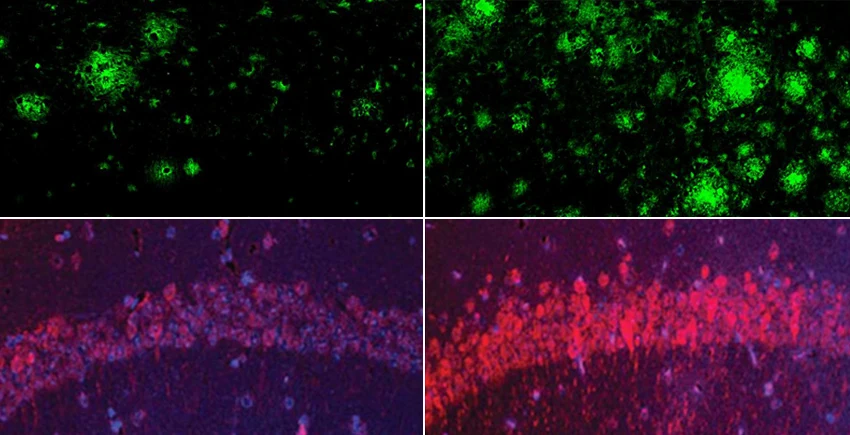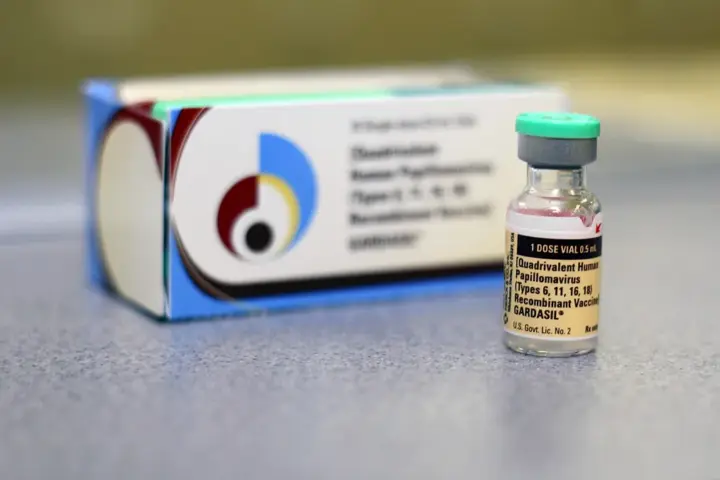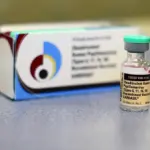Vitamin B3 Shows Major Promise in Preventing Skin Cancer Recurrence
A simple vitamin supplement might be the skin’s new best friend in the fight against the world’s most common cancer. Recent research reveals nicotinamide—a form of vitamin B3—significantly reduces the risk of developing additional skin cancers in those who’ve already had one.

The B3 Breakthrough: Understanding the Research
The study, published September 17 in JAMA Dermatology, tracked 33,822 veterans who received treatment for skin cancer. Researchers compared 12,287 patients who took 500mg of nicotinamide twice daily for more than 30 days against 21,479 who didn’t take the supplement.
The results? An overall 14% reduction in skin cancer risk. But the real eye-opener came when analyzing patients who started taking nicotinamide right after their first skin cancer diagnosis—these folks saw their risk drop by 54%.
The timing of intervention proved crucial. The protective effect was strongest when nicotinamide treatment began immediately after a first diagnosis, with diminishing returns after multiple skin cancers had already developed.
“There are no guidelines for when to start treatment with nicotinamide for skin cancer prevention in the general population. These results would really shift our practice from starting it once patients have developed numerous skin cancers to starting it earlier. We still need to do a better job of identifying who will actually benefit, as roughly only half of patients will develop multiple skin cancers,” said the study’s corresponding author, Lee Wheless, MD, PhD, assistant professor of Dermatology and Medicine at Vanderbilt University Medical Center and a staff physician at VA Tennessee Valley Healthcare System.
How Nicotinamide Protects Your Skin
Nicotinamide helps protect cells from UV radiation damage. The supplement specifically targets non-melanoma skin cancers—basal cell carcinoma and cutaneous squamous cell carcinoma—with the strongest protection observed against squamous cell carcinomas.
Exposure in the cohort was 500 mg nicotinamide twice daily for more than 30 days. This refers to nicotinamide/niacinamide, not niacin. The figures below summarize relative risk changes reported for subsequent non‑melanoma skin cancer.
This dosage was well-tolerated by most participants with minimal side effects reported during the study period.
VA cohort of 33,822 Veterans: 12,287 received nicotinamide; 21,479 did not. Outcomes were compared using matched controls.
The study utilized a retrospective design analyzing medical records over a multi-year period to identify patterns in skin cancer recurrence among different patient groups.
Overall relative risk change: −14%. When started after the first skin cancer: −54%. In solid organ transplant recipients (n=1,334), no overall reduction; earlier use associated with fewer cSCC events.
The research also found that the protective effects were most pronounced in fair-skinned individuals and those with extensive sun exposure history.
Evidence Timeline: 2015 ONTRAC RCT
ONTRAC RCT (NEJM): Adults with a prior non‑melanoma skin cancer who took nicotinamide for 12 months had fewer new lesions than those on placebo. See the randomized trial in the New England Journal of Medicine.
This landmark study provided the first clinical evidence that nicotinamide could reduce non-melanoma skin cancer rates in high-risk patients, paving the way for further research.
Evidence Timeline: 2025 JAMA Dermatology Study
JAMA Dermatology (cohort): VA–VUMC analysis reported an overall −14% change, with −54% when started after a first diagnosis. Details in the study record.
This large-scale retrospective analysis confirmed the protective effects of nicotinamide and provided important insights into optimal timing for initiation of supplementation.
Evidence Timeline: 2025 VUMC Release
VUMC release: Institutional summary and author quote available via VUMC News.
The Vanderbilt University Medical Center press release highlighted the clinical implications of these findings and provided context for how this research might change dermatology practice.
Not Just Any B3: Understanding the Difference
It’s important to note that patients should look specifically for nicotinamide (also called niacinamide), not niacin. While both are forms of vitamin B3, they don’t have the same effects. For background on randomized trials, see the phase 3 ONTRAC study in the New England Journal of Medicine.
Dr. Sarah Arron, a San Francisco Bay area dermatologist not involved in the study, notes in an editorial accompanying the research that the supplement is widely available over the counter and has minimal adverse effects.
Who Should Consider Nicotinamide Supplementation?
The findings primarily benefit people who have already had skin cancer. For those diagnosed with their first skin cancer, starting nicotinamide early appears to offer substantial protection against recurrence.
The study also examined 1,334 immunocompromised patients who had received solid organ transplants. While this group didn’t see an overall significant risk reduction, early nicotinamide use was associated with fewer squamous cell carcinomas.
Whether the supplement benefits those who’ve never had skin cancer remains an open question requiring further research. “It is certainly possible that somebody who is at higher risk for skin cancer, who’s already showing signs of precancerous change in the skin, might benefit from nicotinamide,” says Dr. Arron. “But we’ll have to do those studies to see.”
Still Need Your Sunscreen: Comprehensive Protection
Researchers emphasize that nicotinamide supplements don’t replace traditional prevention strategies like sunscreen, protective clothing, and regular skin checks. The vitamin works best as an additional layer of protection, especially for those already facing the challenging cycle of skin cancer recurrence.
With more than $8.9 billion spent annually on skin cancer treatment in the U.S., this inexpensive supplement offers a practical approach to reducing both the medical and personal burden of repeated skin cancers.
The study was supported by a Department of Veterans Affairs grant (IK2CX002452).
Primary Sources & Further Reading
For those interested in exploring the research in more depth, these primary sources provide comprehensive information:
- Original Investigation: Nicotinamide for Skin Cancer Chemoprevention (JAMA Dermatology)
- Editorial: Nicotinamide for Skin Cancer Chemoprevention (JAMA Dermatology)
- ONTRAC RCT: Phase 3 Randomized Trial of Nicotinamide (NEJM, 2015)
- VUMC news: Study details & author information
- CDC: Skin cancer facts & treatment cost estimates
- VA: Grant IK2CX002452 project record
Risk Reduction Snapshot
Data reflect a retrospective VA cohort. Bars show relative change in risk for subsequent skin cancers compared with matched controls. Always consult with a healthcare provider before starting any new supplement regimen.


















